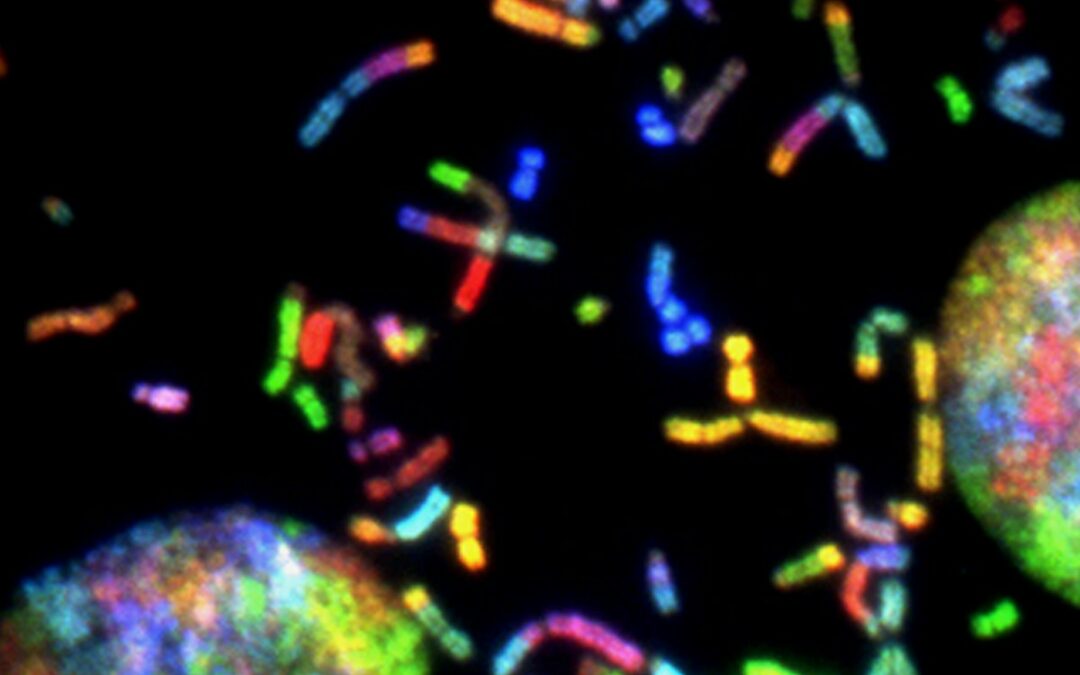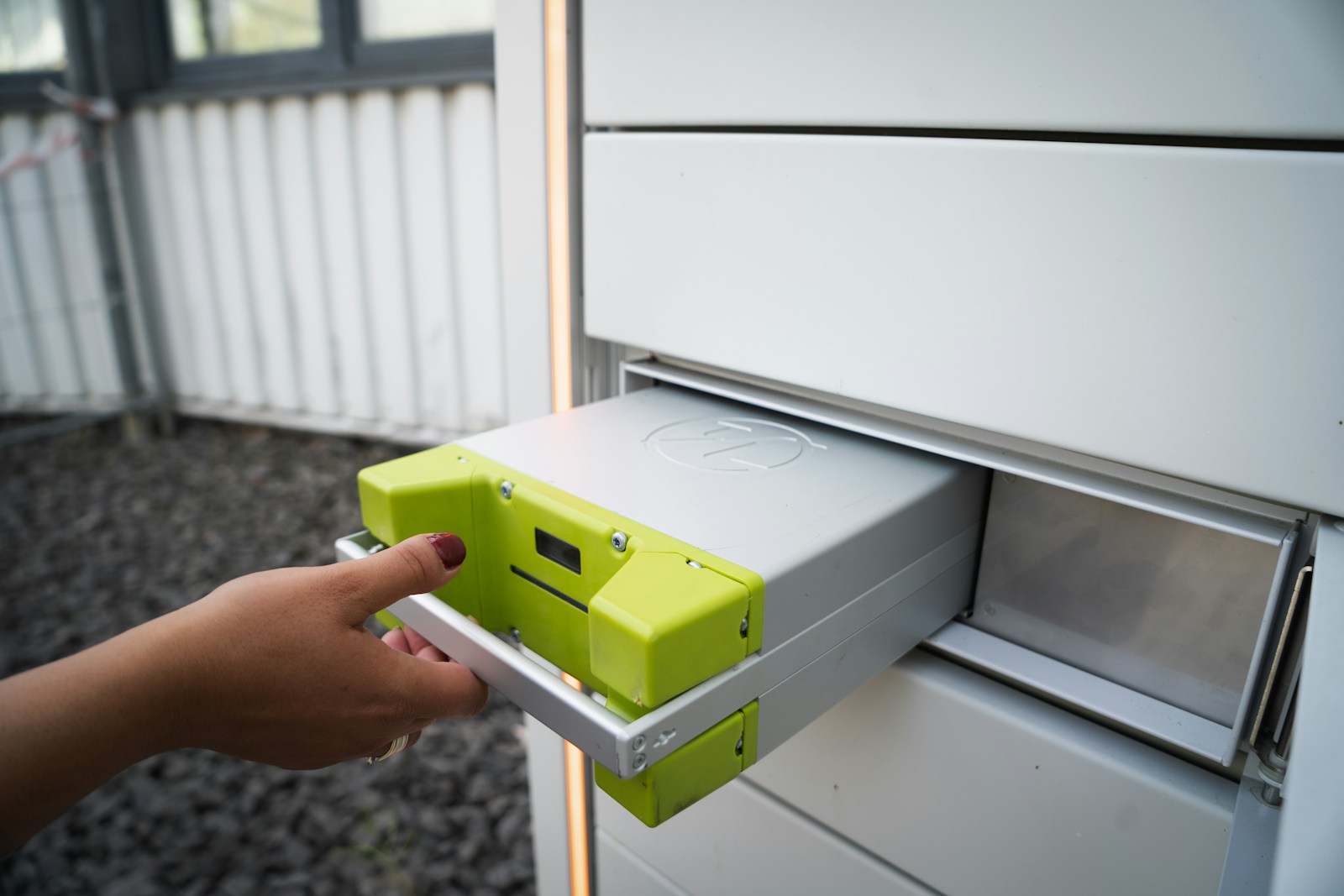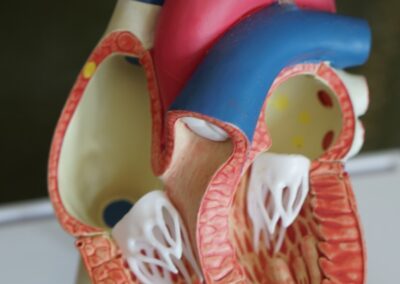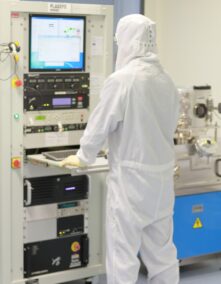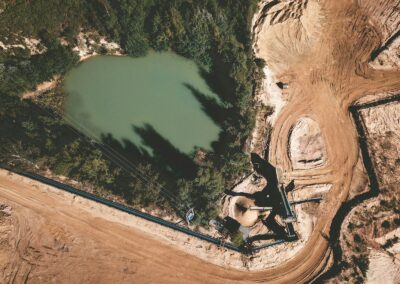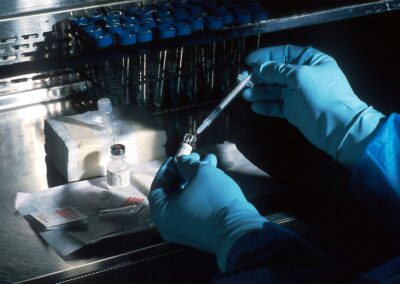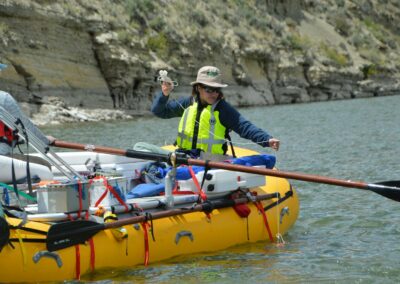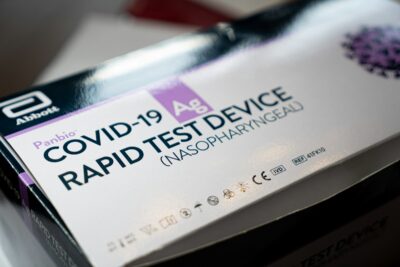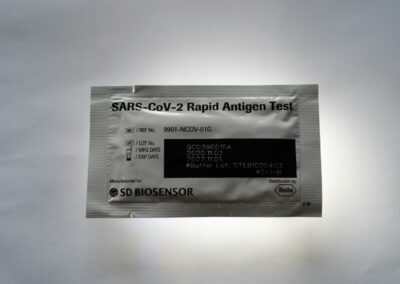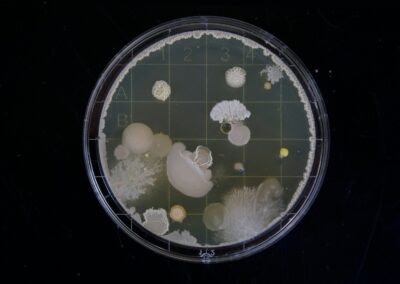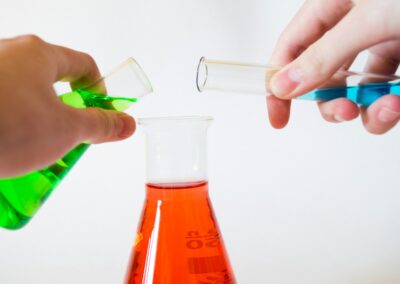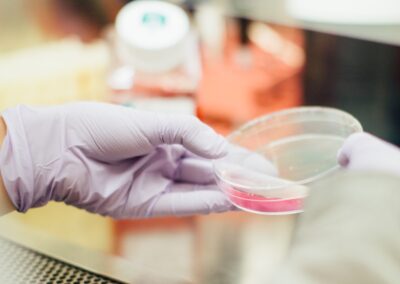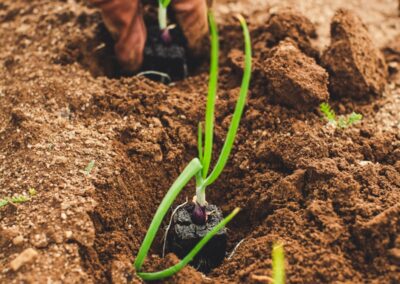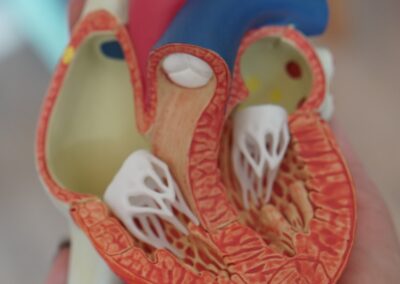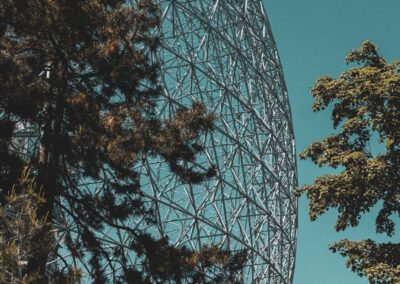Transforming Detection Technologies with Synthetic Biology
Revolutionizing Disease Detection with Synthetic Biology
Synthetic biology in biosensors is making significant strides in the field of disease detection. Traditional diagnostic methods can be limited by their sensitivity, specificity, and the time required for results. Synthetic biology offers innovative solutions by engineering biosensors that can detect diseases with high precision and speed. These biosensors utilize genetically engineered microorganisms or synthetic constructs to identify specific biomarkers associated with various illnesses. For instance, by incorporating synthetic genes into bacterial systems, researchers can create biosensors that produce measurable signals in the presence of disease-related molecules. This approach not only enhances diagnostic accuracy but also allows for the development of portable, cost-effective diagnostic tools that can be used in diverse settings, from remote areas to advanced medical facilities.
Enhancing Environmental Monitoring with Synthetic Biosensors
The application of synthetic biology in biosensors extends beyond medical diagnostics to environmental monitoring. Environmental contaminants, such as pollutants and toxins, pose significant risks to ecosystems and human health. Traditional methods of detecting these contaminants can be complex and time-consuming. Synthetic biology enables the creation of biosensors that can rapidly and accurately detect a wide range of environmental pollutants. By engineering microorganisms to respond to specific contaminants with visible or measurable signals, these biosensors provide a real-time assessment of environmental conditions. This capability is crucial for monitoring air and water quality, detecting hazardous substances, and ensuring compliance with environmental regulations. The integration of synthetic biology into environmental biosensing enhances our ability to address and manage environmental challenges effectively.
Strategic Management of Synthetic Biology Projects
Implementing synthetic biology in biosensors requires effective strategic management to navigate the complexities of modern biotechnology projects. Business executives and mid-level managers must oversee the development, testing, and deployment of biosensor technologies, ensuring alignment with organizational goals and industry standards. Management consulting services can provide valuable guidance on best practices for integrating synthetic biology into product development, including project planning, resource allocation, and risk management. Additionally, effective change management is essential to adapt to the rapid advancements in biosensor technology and address any challenges that arise. By leveraging expert insights and adopting strategic approaches, organizations can successfully harness the potential of synthetic biology to advance biosensor technology and achieve business objectives.
Leadership and Communication in Biotechnology Innovations
Leadership and effective communication play crucial roles in advancing synthetic biology in biosensors. The development and implementation of advanced biosensor technologies require clear communication among team members, stakeholders, and regulatory bodies. Leaders must be adept at conveying complex scientific concepts in a way that is understandable and actionable. Executive coaching services can help enhance leadership skills, enabling executives to effectively guide teams through the challenges of developing and deploying synthetic biology-based biosensors. Additionally, fostering a culture of innovation and collaboration is essential for driving progress and achieving successful outcomes in biotechnology projects. Strong leadership and communication are key to navigating the evolving landscape of synthetic biology and ensuring the successful integration of biosensors into various applications.
Project Management for Biosensor Development
Effective project management is critical for the successful development of biosensors utilizing synthetic biology. Projects in this field often involve interdisciplinary teams, complex technologies, and stringent regulatory requirements. Project managers must coordinate efforts across various domains, including research and development, manufacturing, and quality assurance. Utilizing project management methodologies tailored to the biotechnology sector can help streamline processes, manage resources, and address potential risks. By focusing on detailed planning, execution, and continuous improvement, organizations can ensure that biosensor projects are completed on time, within budget, and to the highest standards of quality.
Future Opportunities and Business Success in Biosensing Technologies
The potential of synthetic biology in biosensors extends into numerous future opportunities for innovation and business success. As technology continues to evolve, new applications for biosensors are likely to emerge, offering opportunities for growth and advancement. By investing in research and development, businesses can stay at the forefront of biosensor technology and explore new markets. Embracing advancements in synthetic biology, such as AI-driven biosensing and blockchain for data security, can further enhance the capabilities and impact of biosensors. Strategic management, effective leadership, and innovative approaches will be essential for leveraging these opportunities and achieving long-term success in the biosensing industry.
#SyntheticBiology #Biosensors #DiseaseDetection #EnvironmentalMonitoring #Biotechnology #InnovativeDiagnostics #ProjectManagement #Leadership #BusinessStrategy #TechInnovation

